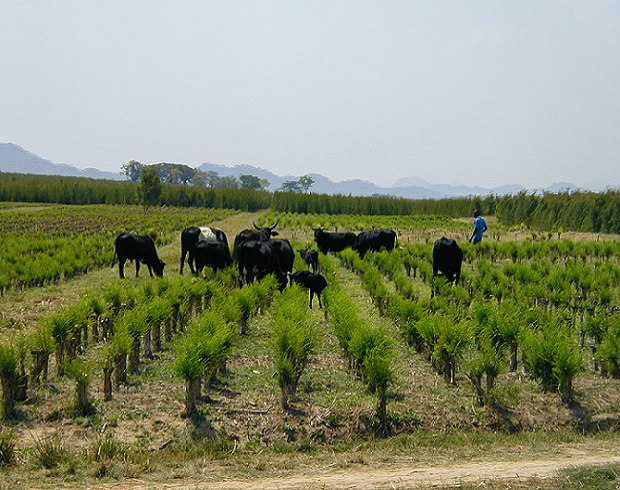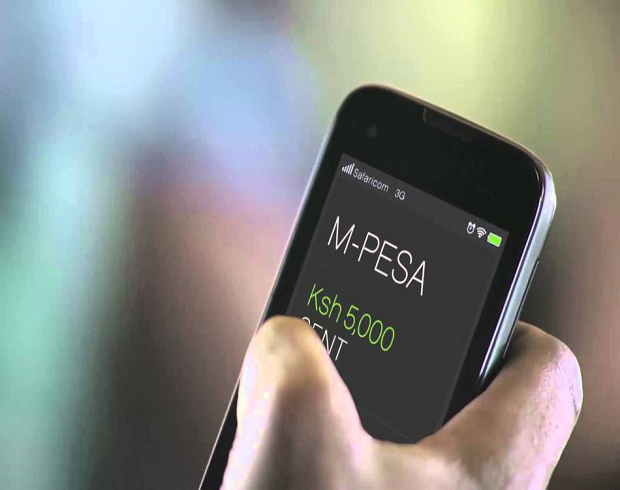I am a tree farmer. I have planted thousands of trees on a small piece of dry land somewhere on the windswept plains of Laikipia. I thought trees would be a good way to rejuvenate a piece of land that had been denuded by charcoal terrorists who had destroyed every single living tree within their abominable reach as most of the land owners in that area were absentee landlords. What I didn’t count on was that a simple project like planting trees, on a nondescript piece of land in a rural backwater, would turn out to be the most humbling experience of my life.
For starters, rural settings have an entirely different socio-economic dynamic than that of the urban setting to which a born and bred city dweller like me could ever have imagined. The minute I started to put up a fence, local youth appeared and requested to be hired. I had the good fortune to get a fence erecter from a different town who was quite familiar with how local dynamics played out and he hired a couple of them for good order. One of them ended up staying on as the farm caretaker and that is when the rain started beating on me. Let me first start by cautioning that this is my experience, my story and therefore my conclusions all of which I am completely entitled to own. In my experience, the problem with hiring local labor is that there is a sense of entitlement that local youth have, which entitlement means that they don’t have to work that hard to deliver their contracted labor. “Mama, hapa tunalipwa kazi kwa siku. Na siku ni kutoka saa mbili mpaka saa saba,” was how I was informed that wages were paid daily and the daily rate started at 8 am and ended at 1 pm. Right. Lesson 1: local labor was a seller-dictated resource. Promptly after that, the Member of the County Assembly (MCA) got my number and called me inviting me to a “small tea to raise funds for his son who was going to a university somewhere in the Rift Valley.”
I wouldn’t have picked this man out from a pod of whales if I stumbled upon it. Quite frankly, he could say the same thing about me. So I said the first thing that came into my umbrage-filled mind, “Well, where I am from men don’t ask women to support them financially, you don’t know what problems I have.” This smooth operator didn’t miss a beat, choosing to neatly sidestep that gender stereo based swipe. “Today it’s my turn, and tomorrow I will help you.” Gah! I mumbled some weak response and hung up. Lesson 2: telephone numbers of perceived wealthy city folks were highly valued currency in these parts. Which leads us to lesson 3: putting up a chicken wire fence held up by treated poles = massive wealth.
A few months later, I had fired the local caretaker as by now he had settled down neatly into his role as a labor assassin. How? As we were in the process of planting trees and needing to dig holes for the trees, he had created a cartel of laborers who would demand a pre-determined fee per hole. Then he realized that he could hire students for half the fee and arbitrage on the price differential. Now it’s not supreme powers of deduction that helped this telephone farmer discover that she was skirting on dangerous labor law infractions. No. It was the oldest form of skullduggery known to man: the disgruntled laborers blew the whistle and sang like canaries once they were cut off from the gravy train. Lesson 4: If you have a farm in County W, hire your caretaker and all subsequent workers from Counties X,Y and Z. Mix and match. Divide and rule. The colonialists knew exactly what was needed to tame the African native into a self-preservative existence.
The cherry on the icing of this welcome-to-rural-life soliloquy was a text message that I got from the local parish priest. (Please refer to lesson 2 above about mobile numbers being currency) “Dear madam: we are having a harambee next June and your contribution would be highly appreciated.” To which my prompt response was: “Dear Father, I am yet to receive a ‘welcome to this parish’ message from you. It would be nice to be welcomed with anything other than a request for money.”
Okay, fine. I didn’t send that text back. But I certainly thought those exact thoughts. I just ignored it and I am preparing for a case to answer when I get to the pearly gates. But it did lead to my final lesson number 5: the Nyumba Kumi initiative is a very urban construct. In the windswept plains of Laikipia, you couldn’t operate a stealth bomber without folks over 100 miles yonder telling you the thread count on your pilot jumpsuit. If you’re thinking of buying land and starting a new life out in the sticks, forget anonymity. It doesn’t exist.
Twitter: @carolmusyoka

 carolmusyoka consultancy
carolmusyoka consultancy
 @carolmusyoka
@carolmusyoka

